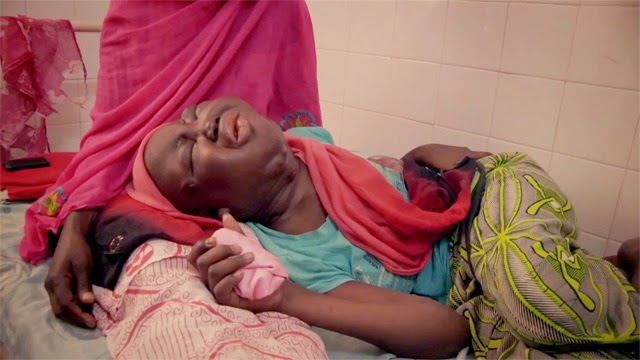(from IMDb) The movie is set in Madison, Pennsylvania, in the summer of 1972. Vada
Sultenfuss (Anna Chlumsky) is a 11-year-old tomboy and a hypochondriac.
Vada's father, Harry Sultenfuss (Dan Aykroyd), is an awkward widower who
does not seem to understand his daughter, and as a result, constantly
ignores her. His profession as a funeral director, in which the
Sultenfuss' residence is also a funeral parlor, has led Vada to develop
an obsession with death as well as disease. Vada also thinks that she
killed her own mother, since her mother died giving birth to her. She
regularly tends to her invalid grandmother (Ann Nelson), who suffers
from Alzheimer's disease. Harry's brother Phil (Richard Masur), who
lives nearby, also stops by frequently to help out the family.
Vada
is teased by other girls because her best friend, Thomas J. Sennett
(Macaulay Culkin), is unpopular and a boy. Their summer adventuresfrom
first kiss to last farewellintroduce Vada to the world of adolescence.
Vada's
summer begins well. She befriends Shelley Devoto (Jamie Lee Curtis),
the new make-up artist at her father's funeral parlor, who provides her
with some much needed guidance. She is also infatuated with her teacher,
Mr. Bixler (Griffin Dunne), and steals some money from Shelley's
trailer to attend a summer writing class that he is teaching.
But
before long, things start to fall apart. Her father and Shelley start
dating and get engaged, she cannot bring herself to tell her father that
she has experienced her first menstrual cycle, Thomas J. dies from an
allergic reaction to bee stings while looking for Vada's mood ring in
the woods, and she finds out that Mr. Bixler is engaged to someone else.
Vada's
grief, however, manages to mend the rift between her and her father,
she learns that she didn't kill her mom during childbirth (since her
father tells her that things like mothers dying in childbirth just
happen), and by the end of the movie, Vada has not only managed to deal
with her pain and grief, but has also overcome some of her previous
issues as well. 1991, 102 munutes
Note: This is a sweet movie about death and dying and grief. It's light entertainment with some moving moments. DJE








